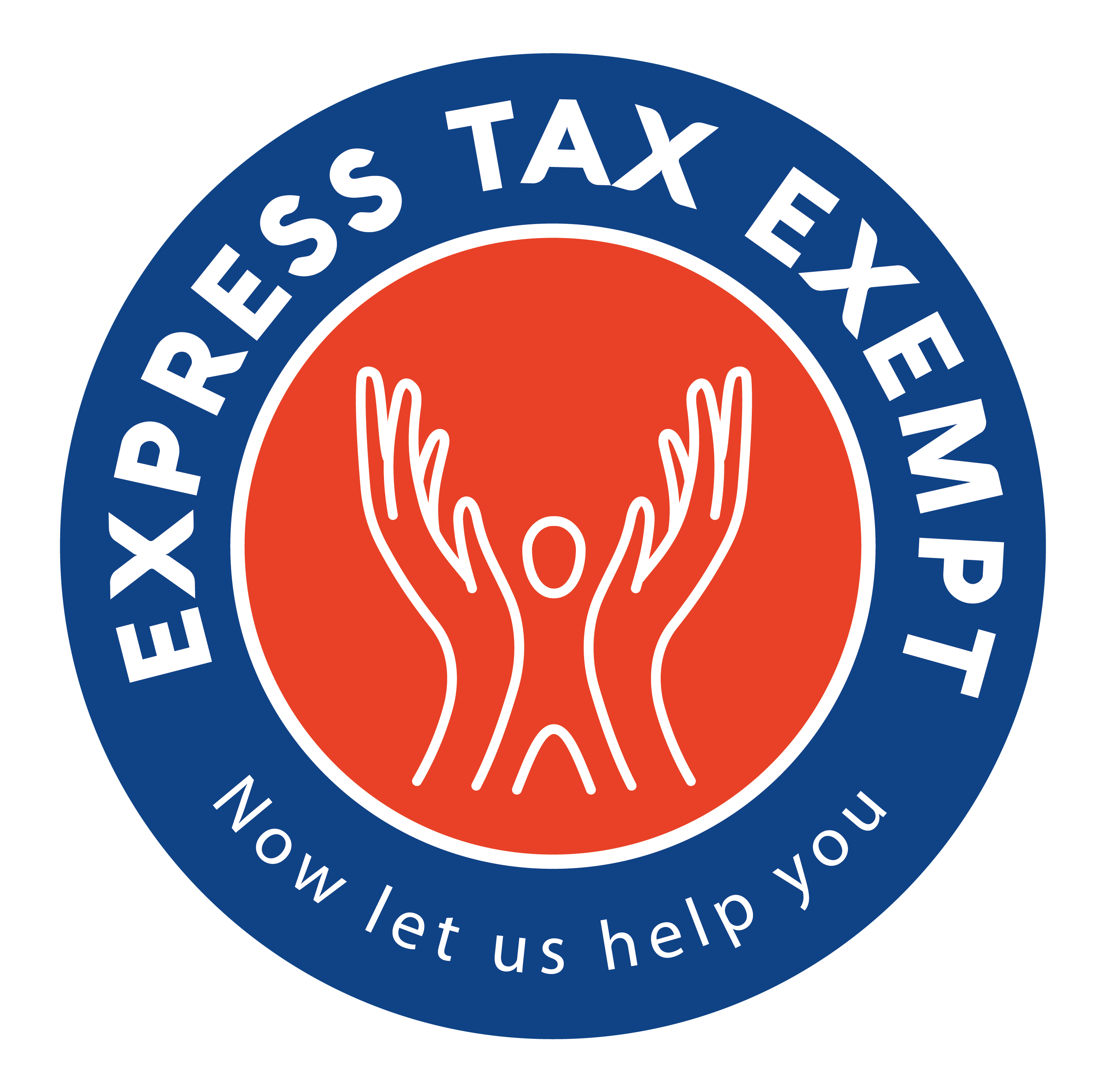Keep Your Nonprofit Off The IRS Radar with These Tips
| October 17, 2017 | exempt organizations, expresstaxexempt, form 990 series, IRS, IRScompliance, leadership, maintaining taxexempt status, nonprofit, nonprofit organization, tax compliance, Tax Exempt | No Comments
More often than none, I find myself speaking to the head of an organization whose nonprofit status was revoked. It came as a complete surprise them — he thought the organization was in good standing, but ever since the officer who handled their tax filings left, no one had actually checked.
Unfortunately, this isn’t a rare case from my experience. There are many nonprofits who aren’t aware of everything it takes to stay in compliance with IRS requirements — and sooner or later, they get the dreaded “status-revoked” letter in the mail.
If you’re unsure whether your nonprofit is in good standing, you’ve come to the right place.
In this post I’ll cover why compliance is mandatory, the risks of noncompliance, and a comprehensive checklist to ensure your nonprofit stays compliant every year.
Nonprofit compliance laws are put in place to protect the public and ensure nonprofit organizations do not abuse their financial advantages. The ability to be exempt from federal and state taxes, along with having access to public funding, causes nonprofits to be held to a high standard by the government.
Nonprofit compliance laws are put in place to protect the public and ensure nonprofit organizations do not abuse their financial advantages. The ability to be exempt from federal and state taxes, along with having access to public funding, causes nonprofits to be held to a high standard by the government.
Why Do Nonprofits Have to Stay Compliant?
Nonprofit compliance laws are put in place to protect the public and ensure nonprofit organizations do not abuse their financial advantages. The ability to be exempt from federal and state taxes, along with having access to public funding, causes nonprofits to be held to a high standard by the government.
Following these necessary compliances is also a vital component to the success and effectiveness of a nonprofit organization.
The Penalties for Noncompliance Aren’t Worth The Risk
Although 501(c)(3) nonprofits receive major financial benefits from becoming an incorporation, the penalties they can receive for not complying are very serious and can become rather costly.
To stay compliant, nonprofits must submit the appropriate tax form for their organization in the Form 990 Series. This form collects information about the income and expenses of an organization as well as other pertinent information. Failure to file this form annually can result in a number of significant penalties, such as:
-
A fine of $20 per day
-
Automatic revocation of 501(c)(3) status if the form is not filed for three consecutive years.
-
States can administratively dissolve a nonprofit corporation and impose high financial penalties. Organizations can also be prevented from receiving grants or large donations.
This Nonprofit Compliance Checklist Covers Everything You Need to Know
In order to avoid noncompliance penalties or revocation of your organization’s tax-exempt status from the IRS, there are several things that must be taken care of annually for your organization.
Here is a checklist of everything you need to do to ensure your nonprofit is compliant with the IRS every year. It’s a good idea to save this checklist for your reference:
-
Gather your organization’s records (financial records, organization information, etc.).
-
You can gather and update your records anytime during the year.
-
Ensure your current tax exempt status is up-to-date.
-
-
-
Submit an Annual Filing Form to the Corporation Division of the Secretary of State. Depending on your state, filing requirements may differ. Contact your state for details.
-
-
-
Maintain State-Level Tax Exemption with your State Revenue Department.
-
Keep accurate & complete records and also have procedures in place to keep these records updated.
-
Some examples of records to keep include: Contributors Information, Expenses, Grants Written & Received, Accrued Expenses & Revenue, Bank Statements, Cancelled Checks, IRS Letter of Determination, Form SS4, Previous Tax Filings, and Articles of Incorporation
-
Gather your organization’s records (financial records, organization information, etc.).
-
You can gather and update your records anytime during the year.
Ensure your current tax exempt status is up-to-date.
Submit an Annual Filing Form to the Corporation Division of the Secretary of State. Depending on your state, filing requirements may differ. Contact your state for details.
Maintain State-Level Tax Exemption with your State Revenue Department.
Keep accurate & complete records and also have procedures in place to keep these records updated.
-
Some examples of records to keep include: Contributors Information, Expenses, Grants Written & Received, Accrued Expenses & Revenue, Bank Statements, Cancelled Checks, IRS Letter of Determination, Form SS4, Previous Tax Filings, and Articles of Incorporation
Whether you are a well-established nonprofit organization or simply considering starting one, maintaining compliance with the IRS takes time and hard work. However, the ultimate reward comes from the peace of mind you will experience from never having to worry about losing your organization’s tax exempt status.
To find detailed information on charity regulations, tax filings and nonprofit corporation filings for your specific state, click here. Maintaining the necessary compliance of your nonprofit organization requires effort, but can be handled successfully, especially with the help of an IRS-Authorized e-file provider, like ExpressTaxExempt.



